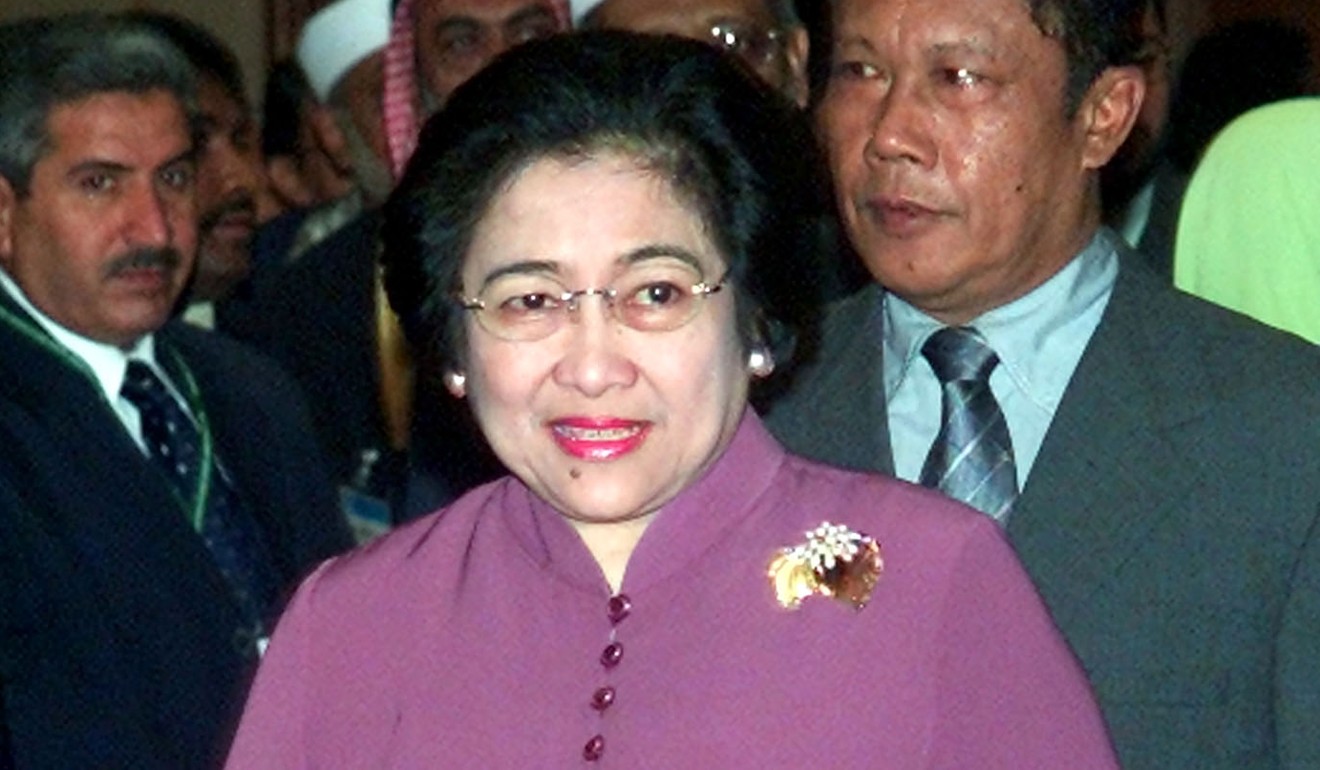
Indonesia’s Widodo stands by direct presidential elections but power brokers have other ideas
- Proposed constitutional changes would empower upper house of parliament to elect the country’s leader, echoing the system of the Suharto era
- Widodo has sought to dissuade lawmakers from such changes but his own party supports a review and others are poised to follow suit
Fadjroel Rachman, the leader’s spokesman, said Widodo considered himself a “product of direct presidential elections” and saw no reason to support presidential elections by the upper house, the People’s Consultative Assembly (MPR).
“The people are a source of legitimate power of the country and the government,” Fadjroel said.
“It is through the mechanism of direct presidential election mechanism … that gives the mandate of power to the leader to run the government,” he said.

Direct elections of the president and vice-president were central to the demands of the 1998 Reform movement, Fadjroel said, referring to the student-led protests which toppled Suharto.
“Based on that fundamental principle, a president will continue to be directly elected by the people and not through the mechanism of representation as was carried out in the past in Indonesia,” Fadjroel said.
Indonesia’s VP to battle radical views spreading from ‘playgroups to government’
During Suharto’s 32-year rule, the upper house or MPR, elected the president.
Following his ousting in 1998, the constitution has since been amended four times to separate legislative and executive powers, decentralise the government, directly elect presidents and limit the president to serving two terms.
Widodo last month sought to dissuade lawmakers from rushing through constitutional changes which could shift the balance of power from the president to party chiefs, and ultimately end direct elections.
The movement prompted an analyst to describe Indonesia’s democratic gains as being “at risk”.
“Indonesia’s hard-won democratic gains are at risk, as a cabal of self-serving party leaders are working assiduously to fix their grip on power and insulate themselves from input from the public,” Kevin O’Rourke wrote in the latest edition of his Reformasi Weekly newsletter.
“A president elected directly by majority of the public holds importance as a check on the grip of the elite,” he said.

According to O’Rourke, the movement by elites to end direct presidential elections was gaining momentum, including from within Widodo’s ruling Indonesian Democratic Party of Struggle (PDIP).
The effort was led by PDIP leader and former president Megawati Sukarnoputri, claimed O’Rourke. He added that others – including a faction of the Golkar party and the Islamic United Development Party, which is Islamic and pro-Widodo – were likely to follow suit.
“Figures from [National Democratic Party] are now also issuing equivocal statements on the topic,” O’Rourke said, referring to another party that is part of Widodo’s ruling coalition.
“The unexpected intrusion into the matter by the influential Nahdlatul Ulama (NU) chair virtually confirms that another major party will be working against direct elections: the PKB,” he said.
The NU is Indonesia’s largest Muslim organisation, with about 50 million followers. The PKB, or Nation Awakening Party, is its political party.
Indonesia’s Ahok bags top job at state energy giant Pertamina – is a return to politics next?
Last Wednesday, NU chairman Said Aqil Siradj said he supported a return to indirect elections.
Any constitutional amendment process would occur in the MPR, which consists of the nine parliamentary parties and 136 members of the Regional Representatives Assembly (DPD).
O’Rourke said the stance of the regional representatives was “unclear”.
“But given the DPD’s near total lack of political power, they will feel sorely tempted to support an amendment,” he said.
“It would bestow [the DPD] real clout as they would be influential in selecting the president every five years,” O’Rourke said. “Without a change in momentum among major parties to date, the only other barrier to an amendment that ends direct presidential elections may be in the form of a popular protest movement, led perhaps by students.”

